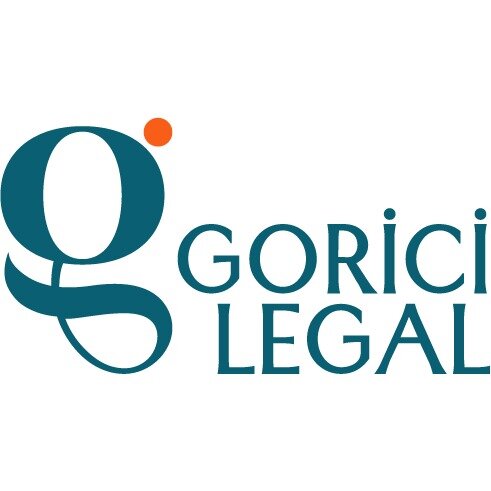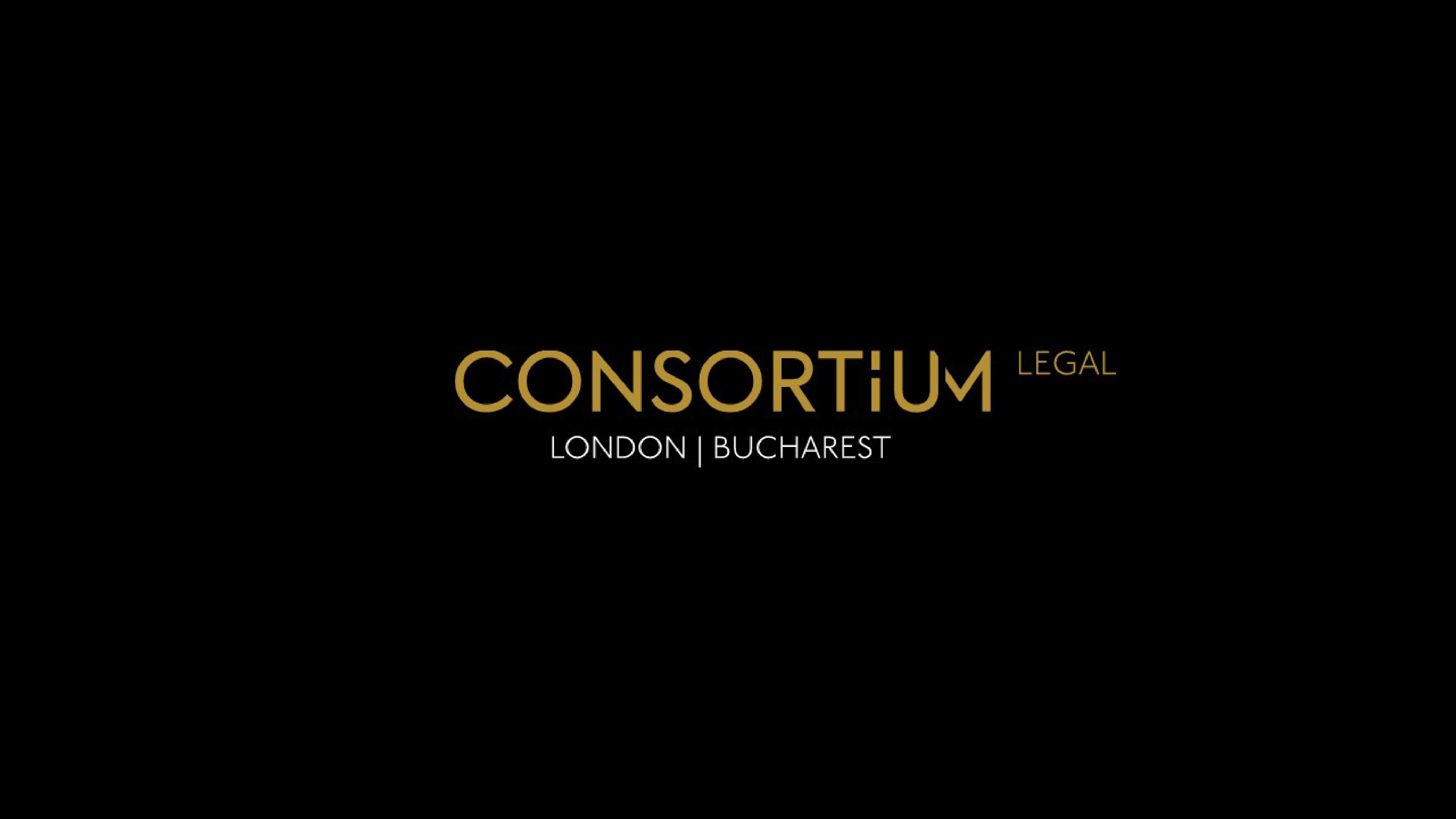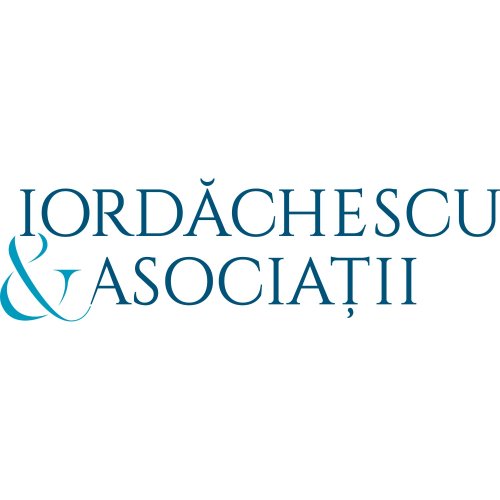Best Restructuring & Insolvency Lawyers in Romania
Share your needs with us, get contacted by law firms.
Free. Takes 2 min.
Or refine your search by selecting a city:
List of the best lawyers in Romania
About Restructuring & Insolvency Law in Romania
Restructuring and insolvency law in Romania provides the legal framework for businesses and individuals who are facing financial distress. The main aim of these laws is to allow companies and individuals the opportunity to restructure their debts, reach agreements with creditors, and, if necessary, go through insolvency proceedings in an orderly manner. Romania has updated its legislation to align with European Union standards, offering clear procedures for both voluntary and involuntary restructuring, creditor protections, and debtor obligations. The legal processes are designed to either help viable businesses recover and continue operations or, alternatively, to ensure a fair distribution of assets when a business or person cannot meet their financial obligations.
Why You May Need a Lawyer
Legal advice is critical when facing restructuring or insolvency issues in Romania. You may need a lawyer if you are:
- A business owner struggling to repay creditors or manage debts
- A creditor concerned about recovering debts from an insolvent debtor
- An individual who cannot meet personal financial commitments
- A stakeholder in a company facing potential bankruptcy
- A director or shareholder of a company under financial distress or investigation
- Seeking to understand the implications of legal restructuring or insolvency on your rights and obligations
- Wanting to file or challenge an insolvency petition
An experienced lawyer can guide you through complex procedures, represent you in court, negotiate with creditors or debtors, and help protect your interests at every step.
Local Laws Overview
Romanian restructuring and insolvency law is primarily governed by Law no. 85/2014 regarding insolvency prevention and insolvency procedures. This law provides detailed provisions on key aspects such as:
- The conditions for launching insolvency or restructuring proceedings, both voluntary and involuntary
- Restructuring mechanisms, including the concordat preventiv (preventive agreement) and ad hoc mandates
- The appointment, roles, and powers of judicial administrators, liquidators, and creditors’ committees
- The protection of employees and the safeguarding of company assets during proceedings
- Timelines and procedural steps for reorganization plans, debt repayment schedules, and liquidation strategies
- Personal insolvency procedures that allow individuals to seek debt relief mechanisms
Romanian legislation also integrates key principles from the European Union Insolvency Regulation, ensuring cross-border recognition and cooperation in multinational insolvency cases.
Frequently Asked Questions
What is the difference between restructuring and insolvency in Romania?
Restructuring involves legal methods to reorganize a company’s debts and operations to help it recover and continue its activity. Insolvency is a broader term that usually refers to situations where a debtor cannot pay its debts; it may lead to liquidation if restructuring fails.
When can insolvency proceedings be initiated in Romania?
Insolvency proceedings may be initiated when a debtor is unable to pay debts outstanding for more than 60 days. Both the debtor and creditors have the right to file a request for opening the insolvency procedure.
What is a reorganization plan?
A reorganization plan is a legal document drafted during an insolvency proceeding that outlines how a debtor will pay creditors over time and recover its viability. Creditors must vote to approve the plan.
Can individuals declare insolvency in Romania?
Yes, Romanian law contains specific provisions for personal insolvency, allowing individuals to access procedures for debt restructuring or, under certain conditions, debt discharge.
How are creditors protected during insolvency processes?
Creditors’ rights are protected through claims registration, participation in creditors’ meetings, and, depending on creditor class, decision-making on measures such as liquidation or reorganization.
What are a director’s obligations during insolvency?
Directors must act in good faith, avoid causing additional liabilities, refrain from fraudulent transfers, and cooperate with the court and appointed administrators or liquidators.
What happens if the restructuring plan fails?
If a restructuring plan is not implemented successfully or is not feasible, the insolvency procedure will continue with the debtor entering the liquidation phase, and assets will be distributed to creditors.
Can a business continue to operate during insolvency in Romania?
Yes, a company may continue its activity during insolvency proceedings, especially during the observation and reorganization phases, subject to court approval and under supervision.
How long do insolvency proceedings usually last?
The duration varies depending on complexity. Observation phases can last several months, while full proceedings, from opening to conclusion, may take several years, particularly if litigation or asset sales are involved.
Are there alternatives to insolvency procedures?
Yes, businesses may pursue out-of-court negotiations, an ad hoc mandate, or a concordat preventiv (preventive agreement) to restructure debts and avoid formal insolvency.
Additional Resources
If you need more information or support, consider consulting the following organizations and resources:
- Romanian National Trade Register Office - offers public information on company statuses and ongoing insolvency proceedings
- Romanian Ministry of Justice - provides details on relevant legislation and procedural updates
- National Union of Insolvency Practitioners in Romania - lists licensed insolvency administrators and liquidators
- Chamber of Commerce and Industry of Romania - occasionally offers guidance and mediation services for business restructuring
- European Consumer Centre Romania - assists individuals, especially for cross-border insolvency issues
Next Steps
If you find yourself or your business facing financial difficulties, taking prompt legal action is important. Here are the recommended steps:
- Assess your financial situation and gather all supporting documentation, such as debt schedules, contracts, and recent financial statements
- Consult with a specialized restructuring and insolvency lawyer to understand your options and obligations under Romanian law
- Work with your legal advisor to evaluate alternative solutions, such as negotiation, restructuring, or preventive agreements
- If required, prepare and submit formal documents to initiate or contest restructuring or insolvency proceedings
- Engage with relevant stakeholders, including creditors and court-appointed professionals, as guided by your lawyer
Professional legal assistance can make a significant difference in the outcome of your restructuring or insolvency matter, ensuring your rights are protected and the best possible result is achieved.
Lawzana helps you find the best lawyers and law firms in Romania through a curated and pre-screened list of qualified legal professionals. Our platform offers rankings and detailed profiles of attorneys and law firms, allowing you to compare based on practice areas, including Restructuring & Insolvency, experience, and client feedback.
Each profile includes a description of the firm's areas of practice, client reviews, team members and partners, year of establishment, spoken languages, office locations, contact information, social media presence, and any published articles or resources. Most firms on our platform speak English and are experienced in both local and international legal matters.
Get a quote from top-rated law firms in Romania — quickly, securely, and without unnecessary hassle.
Disclaimer:
The information provided on this page is for general informational purposes only and does not constitute legal advice. While we strive to ensure the accuracy and relevance of the content, legal information may change over time, and interpretations of the law can vary. You should always consult with a qualified legal professional for advice specific to your situation.
We disclaim all liability for actions taken or not taken based on the content of this page. If you believe any information is incorrect or outdated, please contact us, and we will review and update it where appropriate.
Browse restructuring & insolvency law firms by city in Romania
Refine your search by selecting a city.

















